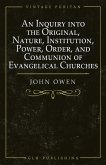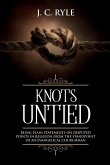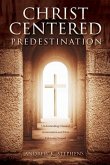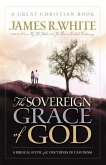First published in 1642, Christ Set Forth -- one of Thomas Goodwin's most beloved and enduring works -- is a book full of theological riches and penetrating pastoral insights. Addressing, from an exposition of Romans 8:34, the pastoral problem that many believers stray in their faith by looking into their own hearts for signs of grace instead of looking away from themselves to Christ, Christ Set Forth is primarily a book written to encourage Christians. As Scott Berggren says in the Foreword, 'It is a guidebook for keeping one's heart and faith pointed in the right direction, towards Christ himself. In it Goodwin pushes aside anything that might displace Christ in one's heart. In chapter after chapter he sets forth the glory of Christ and his work as mediator as the only object of one's faith and affection.'
Hinweis: Dieser Artikel kann nur an eine deutsche Lieferadresse ausgeliefert werden.
Hinweis: Dieser Artikel kann nur an eine deutsche Lieferadresse ausgeliefert werden.








![Calvinism in Relation to Other Theistic Systems [microform]: a Lecture Delivered at the Opening of the Session of Knox College, Toronto, on 3rd Octobe Calvinism in Relation to Other Theistic Systems [microform]: a Lecture Delivered at the Opening of the Session of Knox College, Toronto, on 3rd Octobe](https://bilder.buecher.de/produkte/65/65631/65631456m.jpg)